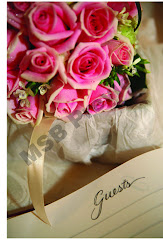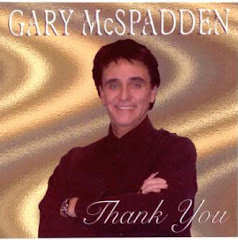BookExpo America is usually full of news but this year the news is off a little. Commentators seem to be struggling to fill their columns, where in years past, they couldn't begin to get it all in print.
I guess, it's all the news that's worth the ink...
BEA: Big Morph in the Big Apple
From Shelf Awareness
http://ow.ly/ap2v
Simultaneously this past weekend, attendees at BookExpo America could witness the end of time-honored parts of the show--some of the losses were welcomed, others lamented--and one could see the outline of a different kind of show that should be just as important to the industry, wherever the industry goes. As Peter Osnos of PublicAffairs put it, "This is a great event for learning all the important stuff about digital. BEA is important, as usual."
In addition to ye olde books and authors, change--both technological and economic--was the biggest topic of the show. Companies and individuals are trying to reinvent themselves and thrive in the new era of viral marketing, social networking and upended sales and distribution channels. As Jennifer Bigelow of the Southern California Independent Booksellers Association commented: "Publishers are being creative. They're thinking outside the box."
On the show floor, mountains of galleys were swept away in the cost-conscious e-age and were missed by many. This perhaps contributed to a feeling that there were fewer big show books. But at the same time, the author events, which seemed to have increased in number, drew raves. It's easy to forget that not long ago author signings in booths were banned at these shows; now the lines of people forming on the floor to meet authors add to a sense of excitement in the aisles.
Educational panels and seminars were more focused, of consistent quality, explored the major issues of the day and often drew SRO audiences. The two stages on the show floor featuring author and panel discussions similarly drew large crowds. Nearby exhibitors told Shelf Awareness that the programs, which were not distracting, increased traffic for them.
Exhibitors' booths shrank (overall down 20%), but exhibitors we spoke with expressed satisfaction with the show. For example, Dominique Raccah of Sourcebooks called BEA "the best show of my career." Martha Fluke of Elsevier noted that traffic was steady and that more librarians seek out the company at BEA than seek it out at ALA, a trend that has occurred the past three years. At mid-morning on Friday, Doug Armato of the University of Minnesota Press (which highlighted its books with a sign saying "your mental stimulus plan") said, "Already this is better than Los Angeles."
Some of the slimmed-down booths were striking, most notably Random House's. The company that once took so much space its location was called Randomland had a booth called a kiosk by a few wags. Random's Stuart Applebaum said that the approach--having a floor booth "for authors and booksellers and librarians to meet" while business meetings took place in rooms downstairs, off the show floor--"worked out well."
Attendance was 29,923, up 1,500 from last year in Los Angeles, but down 6,189 or 17.1% from 36,112 two years ago in New York. Still, many felt that if there were fewer people, they mattered more. According to BEA's red-bowtied Lance Fensterman, ABA member bookstore attendance was equal to that in 2007, while media representation rose to 1,700 from 1,250. There were 7,066 book buyers.
Make Self-Imposted Deadlines
3 days ago








Thank you John for filling us in on this important event. For my part, I'd sure rather attend from home than to be there in person. Your commentary makes this possible for me.
ReplyDelete